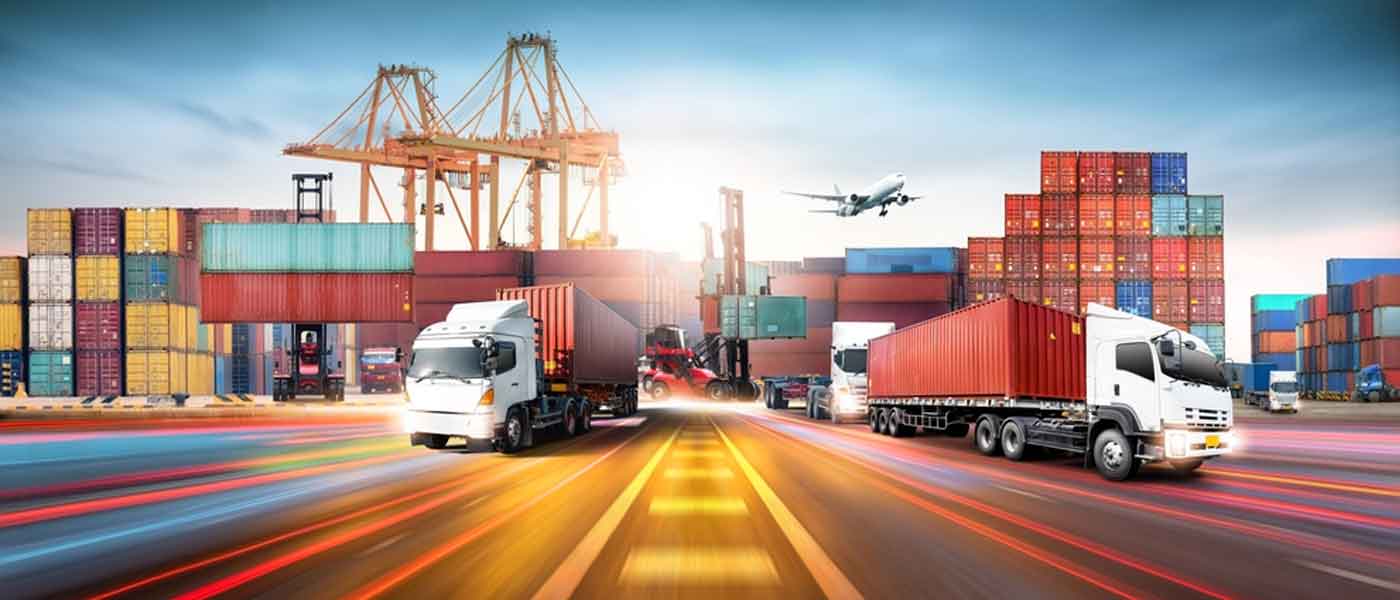In the realm of modern transportation, aircraft have revolutionized the way we connect, explore, and conduct business on a global scale. Beyond their awe-inspiring engineering and technological marvels, aircraft serve a multitude of purposes that extend far beyond mere transportation. In this article, we delve into the depths of the aviation industry to unravel the main purpose of an aircraft, shedding light on its diverse applications and the impact it has on various sectors.
- Facilitating Global Connectivity:
At its core, the main purpose of an aircraft is to bridge vast distances and connect people, cultures, and economies across the globe. Whether it's for business or leisure, aircraft enable individuals to traverse continents in a matter of hours, fostering international trade, tourism, and cultural exchange. The aviation industry acts as a catalyst for globalization, facilitating economic growth and forging bonds between nations. - Enabling Efficient Cargo Transportation:
Beyond carrying passengers, aircraft play a pivotal role in the transportation of goods and cargo. From perishable goods to time-sensitive deliveries, airplanes offer unparalleled speed and efficiency, ensuring the timely arrival of essential supplies, medical equipment, and high-value products. The ability to transport goods swiftly across borders has transformed industries such as e-commerce, pharmaceuticals, and manufacturing, bolstering international trade networks. - Supporting Humanitarian Aid and Emergency Response:
In times of crisis, aircraft become lifelines for delivering humanitarian aid and facilitating emergency response efforts. Whether it's delivering food and medical supplies to disaster-stricken areas or evacuating individuals from conflict zones, aircraft provide vital support in times of need. The versatility of aircraft, including cargo planes and helicopters, enables rapid deployment of resources and personnel, saving lives and alleviating suffering. - Advancing Scientific Research and Exploration:
Aircraft serve as indispensable tools for scientific research and exploration, enabling us to study and understand our planet and beyond. From atmospheric research to monitoring climate change, aircraft equipped with specialized instruments gather crucial data that helps scientists unravel the mysteries of our environment. Moreover, aircraft like drones have revolutionized fields such as archaeology, wildlife conservation, and geological surveys, providing valuable insights and aiding in conservation efforts. - Enhancing National Security and Defense:
Aircraft play a vital role in safeguarding nations and maintaining global security. Military aircraft, including fighter jets and surveillance planes, ensure territorial integrity, deter potential threats, and provide reconnaissance capabilities. Additionally, air forces employ transport aircraft for troop deployment, humanitarian missions, and disaster relief operations, showcasing the multifaceted nature of aircraft in defense and security.
Conclusion:
The main purpose of an aircraft extends far beyond its ability to transport passengers from one destination to another. From fostering global connectivity and facilitating trade to supporting humanitarian efforts and scientific exploration, aircraft have become indispensable assets in our interconnected world. As we continue to push the boundaries of aviation technology, the multifaceted nature of aircraft will continue to evolve, shaping the future of transportation, research, and global connectivity.



+ There are no comments
Add yours